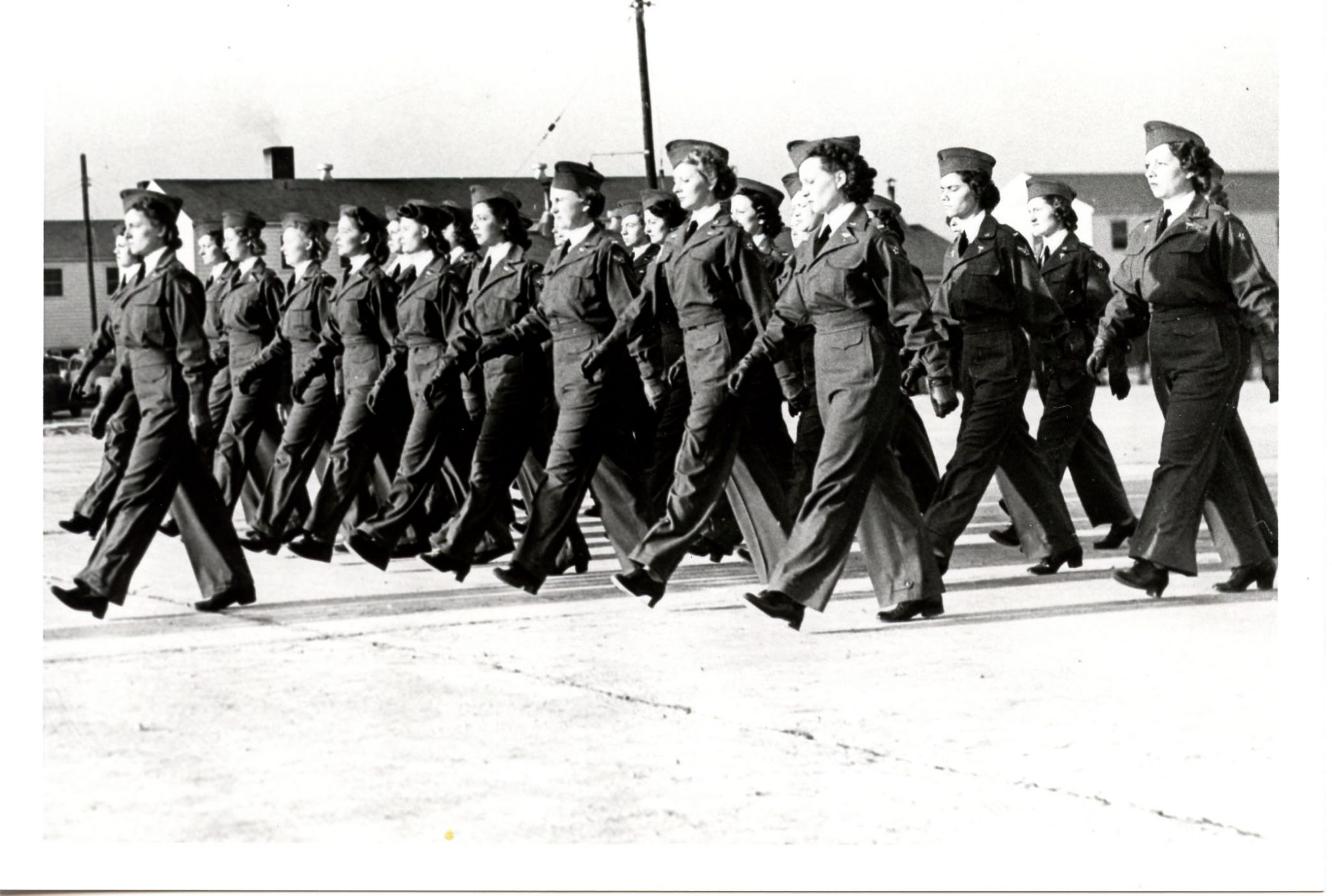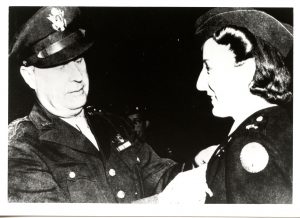

Any improvement in working conditions and salary were a welcoming sight. Nevertheless, not all women followed this pattern of domesticity since many poor and unmarried women had to work in the public space from an early age. Most women controlled and managed the private (home) space, while men easily navigated the public space. The gender roles of the time were divided between private and public space. At the time of WWII most women, particularly married women, stayed at home taking care of their home and children.

The campaign depicted women as loyal supporters of the “Boys” in the military by conserving resources, by keeping quiet, and by taking jobs with new skills. The war campaign marketed to women during WWII made a significant contribution to gender roles in the United States. The influence of how empowered women felt following Rosie the Riveter is an inconclusive collection of the voices of those women during and after WWII. While the short-term changes brought women back to the private space and domesticity, some of the conclusions of the long-term changes in women’s lives dealt with variations in the workspace, salary, and military benefits. This descriptive paper tried to answer the following two questions of inquiry: How did women’s employment during WWII become a temporary empowerment and what short and long-term changes in women’s lives were brought about by the war campaign of Rosie the Riveter. Although women at the time were mostly occupying the private space, the war campaign of Rosie the Riveter inspired many of them to take their work to the public. The war posters and magazine ads of the time reinforced the duty women had toward the war effort.

Getting women to work in industries was a tremendous sales proposition as stated by Paul McNutt, the director of the War Manpower Commission in 1943.


 0 kommentar(er)
0 kommentar(er)
